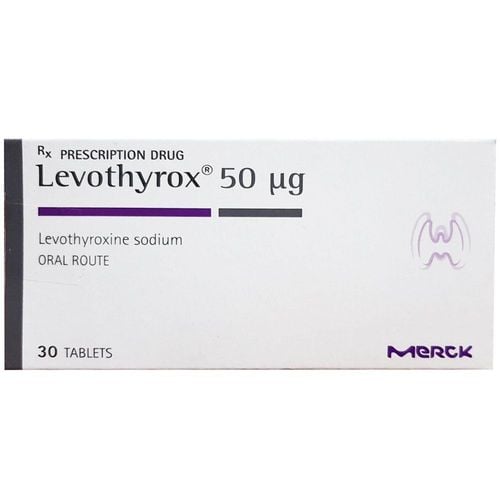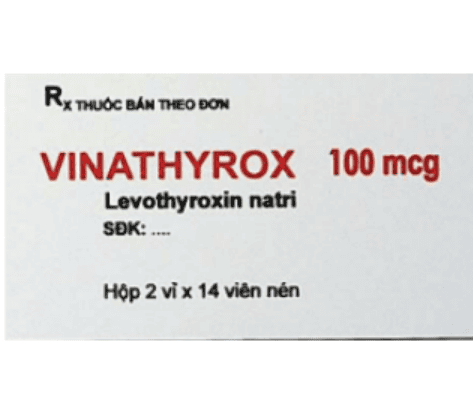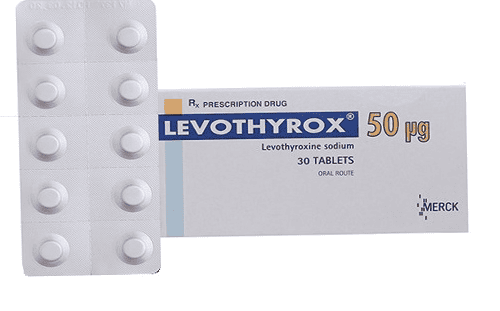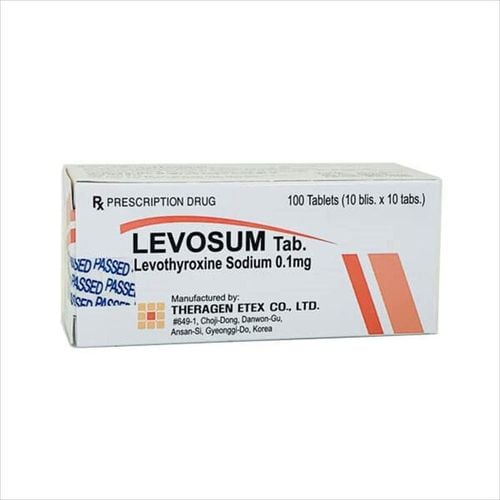This is an automatically translated article.
Article by Master, Doctor Bui Minh Duc - Department of General Internal Medicine - Vinmec Times City International Hospital
When you have Hashimoto's disease, your immune system attacks your thyroid and damages it. If left untreated, the disease can progress to hypothyroidism and greatly affect the body's functions because there is not enough thyroid hormone.
1. What is Hashimoto's disease?
The thyroid is the small, butterfly-shaped organ in the front of the neck. Thyroid hormones control how your body uses energy, so they affect almost every organ, including heart rate. Without enough thyroid hormone, many body functions are affected.Hashimoto's disease is also known as Hashimoto's thyroiditis, chronic lymphocytic thyroiditis, or autoimmune thyroiditis. Hashimoto's is an autoimmune disorder that can lead to an underactive thyroid. When you have Hashimoto's disease, your immune system attacks your thyroid. As a result, the thyroid gland becomes damaged and cannot make enough hormones for the body.
2. Who is susceptible to Hashimoto's thyroiditis?
Hashimoto's disease is the most common cause of hypothyroidism in the United States and affects about 5 out of 100 people. The disease is less common in women. Although anyone can get the disease, most people are between the ages of 40 and 60. Your risk of developing Hashimoto's is increased if other family members also have the disease.
People with other autoimmune disorders are most at risk for Hashimoto's disease. Pathologies associated with Hashimoto's thyroiditis include:
Addison's disease (1 hormone disorder); Autoimmune hepatitis (a disease in which the immune system attacks the liver); Celiac disease, digestive disorders; lupus (1 chronic or long-term disorder that can affect many parts of the body); Pernicious anemia (caused by vitamin B12 deficiency); Rheumatoid arthritis (1 disorder affecting joints and sometimes other body systems); Sjögren's syndrome (1 disease that causes dry eyes and mouth); Type 1 diabetes; Vitiligo disease.
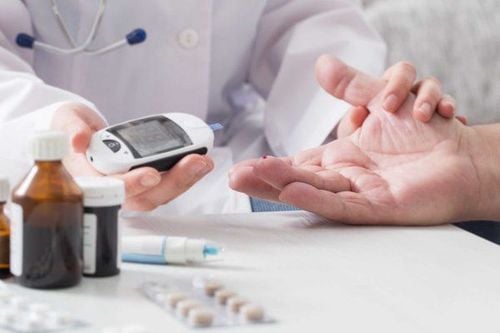
3. What other health problems could you have due to Hashimoto's disease?
Many people with Hashimoto's thyroiditis, if left untreated, develop hypothyroidism. Severe hypothyroidism can contribute to high cholesterol, leading to cardiovascular disease. More rarely, severe hypothyroidism, if left untreated, can lead to a coma (a very serious condition of hypothyroidism in which the body's functions are affected to a life-threatening extent). A hypothyroid coma requires emergency medical treatment.
4. Will Hashimoto's Disease Cause Any Problems During Pregnancy?
If left untreated, Hashimoto's thyroiditis can cause problems for both mother and baby. However, thyroid hormone medication can help prevent complications and is safe to take during pregnancy. You can hear more from your doctor about the causes, complications, diagnosis, and treatment of Hashimoto's disease during pregnancy.
Many women taking thyroid hormone medication need higher doses during pregnancy. Therefore, you should contact your doctor immediately if you are being treated for Hashimoto's thyroiditis and find out you are pregnant.
5. What are the symptoms of Hashimoto's disease?
Many people with Hashimoto's disease have no symptoms at first. As the disease progresses, the thyroid gland gets larger and can cause the front of the neck to enlarge. An enlarged thyroid gland can create a feeling of tightness in the neck but is not painful.
Hypothyroidism of Hashimoto's disease is usually subclinical, mild, and asymptomatic, especially in the early stages. As hypothyroidism progresses, you may have 1 or more symptoms such as:
Fatigue; Weight gain; Scare cold; Joint and muscle pain; Constipation; Dry, thin hair; Heavy or irregular menstruation, difficulty getting pregnant; Depression ; Reduced memory; Slow heart rate.
6. What causes Hashimoto's disease?
In Hashimoto's disease, your immune system produces antibodies that attack the thyroid gland. A large number of white blood cells called lymphocytes, which are part of the immune system, accumulate in the thyroid gland. Researchers aren't sure why some people develop autoimmune disorders like Hashimoto's disease. These disorders can be the result of a combination of genes and an external agent, such as a virus.
7. How do doctors diagnose Hashimoto's disease?
Your doctor will begin by taking your medical history and physical examination and ordering 1 or more blood tests to find out if you have hypothyroidism. Your doctor will also order additional blood tests to look for anti-thyroid antibodies (called thyroperoxidase (TPO) antibodies, which almost all people with Hashimoto's disease have).
If your doctor suspects you have Hashimoto's disease, but there are no antibodies in your blood tests, you may need a thyroid ultrasound. Ultrasound imaging may also be specific for: Thyroid enlargement, uneven hypoplasia, and other features of Hashimoto's disease. On the other hand, ultrasound can also rule out other causes of an enlarged thyroid, such as a thyroid nodule.

8. How is Hashimoto's disease treated?
Treatment for Hashimoto's disease usually depends on whether your thyroid gland is damaged enough to cause hypothyroidism. If you don't have hypothyroidism, your doctor may simply monitor your progress.
If you have hypothyroidism, it will be treated with hormone replacement that your thyroid can no longer make. You should take the medicine in the morning before eating to get the best effect.
You need blood tests about 6 to 8 weeks after starting thyroid hormone to adjust the dose if needed. Each time your dose is changed, you will have another blood test. Once the right dose has been reached, your doctor will likely order blood tests after 6 months and then once a year thereafter.
Hypothyroidism caused by Hashimoto's disease can be completely controlled with hormonal drugs. However, you need to take the correct dosage according to the instructions. Never stop taking your medicine without your doctor's consent.
9. What should abstain from Hashimoto's disease?
The thyroid gland uses iodine to make thyroid hormones. However, people with Hashimoto's disease or other autoimmune thyroid disorders may be sensitive to harmful side effects from iodine. The use of foods with a large amount of iodine such as kelp, seaweed can cause hypothyroidism or make the disease worse.
Women need more iodine during pregnancy. However, too much iodine can also cause problems, such as goiter in the baby. So, if you're pregnant, talk to your doctor about how much iodine you need.
In summary, Hashimoto's thyroiditis has the potential to cause dangerous complications, so the patient should visit the doctor regularly to control the condition well. Currently, Vinmec International General Hospital has a screening service for thyroid diseases to help customers detect early and treat them effectively. When examining and screening for thyroid disease, customers will receive:
Examination and consultation with an Endocrinologist. Thyroid ultrasound. Screening tests for thyroid diseases: FT3, FT4, TSH, Anti – TPO, Anti TG. Return the results and consult with the doctor.
Please dial HOTLINE for more information or register for an appointment HERE. Download MyVinmec app to make appointments faster and to manage your bookings easily.
References: Health-information/endocrine-diseases/hashimotos-disease)





